The first step in pursuing a PhD in neurosurgery is to select a neurosurgery program. You may want to consider a different field of study such as orthopedics or emergency medicine. But a career in neurosurgery requires extensive training and rigorous examinations. Once you have completed your training, you should be able to take on a variety of research projects. A Ph.D. program in neurosurgery will help you build critical mass early on, which allows you to balance research and clinical duties.
If you are a practicing neurosurgeon, an MD or PhD program may be right for you. While it is not essential to earn both degrees, a combined MD and PhD in neurosurgery will help you advance your career in this field. You'll be expected to maintain an excellent MCAT score to qualify for the program. You will also need to have completed a doctoral program.
For neurosurgery students, the doctorate is a great opportunity to become a scientist. The research field in neurosurgery is vast and exciting. It is needed, because the patients with these surgeries suffer the worst outcomes. You can get a PhD in neurosurgery without a doctorate, but completing a PhD in neurosurgery helps you develop your problem-solving and analytical skills. In addition, it will strengthen your application for a job.
Ph.D. in Neurology Eligibility
Candidates who want to take admission in Ph.D. must have a post graduate degree in Neurology and its relevant discipline with at least 55% marks from a recognized university and must have passed the national level entrance examination or university level entrance examination. National level entrance exam like UGC NET / UGC CSIR NET / GATE / SLET or University entrance exam consisting of written test and personal interview.
The Benefits of a Ph.D. in Neurology
Having a Ph.D. in Neurology gives you the knowledge and training to become a researcher and physician. There are many benefits to this career path, including improved salary and a better chance of finding work internationally. For example, PhD holders in neurology can find work in countries with much better salaries than in the UK. In addition, a Ph.D. in Neurology opens doors to a wide variety of career options.
A Ph.D. in neuroscience will teach you how to critically analyze data, and you will become a critical thinker. You will also learn how to manage research projects, and how to run a lab. If you're interested in running your own lab, you will likely be required to get postdoctoral experience. It's also necessary to be prepared for long hours of hard work - a PhD requires many nights and weekends.
Once you have earned your PhD, you can start looking for a position in the field. The top paying jobs in the sciences require you to have a PhD. A Ph.D. in neuroscience will give you a job for life, allowing you to pursue research and teaching. Most positions in neuroscience require a master's degree or a doctorate in medicine, so it's important to have both.
The Career and Job Opportunities of a Ph.D. in Neurology
While a PhD in Neurology can lead to a variety of careers, the field's popularity is rising steadily. Many sectors recognize the positive impact of neuroscience and are eager to recruit students with this degree. The field has an enormous potential for solving some of society's most pressing problems. Listed below are a few career options for PhDs in Neurology.
A doctorate in neuroscience opens up many career possibilities in the health field. A medical doctor, psychiatrist, or psychologist may be among the first careers for graduates. A scientist or neuroscientist may be employed in hospitals or universities. Electroencephalograms and other instruments are used to measure brain electrical activity. The scientific process behind these tests is known as electrophysiology.
A career in neurology can include research or clinical work. As a researcher, you may choose to be a neuroscientist, which studies the nervous system in the laboratory. You will be working with animals to study how it works. Another option is to become a neuroscientist. If you love to study the human mind, neuroscience is the right field for you.
There are several different job options for a Ph.D. in Neurology, including positions as a neuroanatomist. A neurobiologist specializes in the study of the nervous system. A neuropsychologist specializes in the relationship between the brain and behavior and in cognitive functions. The most exciting part of this field is that it is a fast-growing field.
Three Ways to Pursue a Ph.D. in Neurology
The field of neuroscience has undergone a transformation over the last two decades. It has redefined the boundaries of biomedical science, using tools and knowledge from other disciplines, including the humanities and social sciences. As a result, the career scope for neurologists is expanding at an exponential rate. As a result, the future of this field is exciting. Here are three ways to pursue a PhD in neuroscience:
Among the most lucrative career opportunities for PhD holders in neurology are teaching in medical schools, conducting research in laboratories, or identifying new drugs and treatments. With a PhD in neuroscience, individuals can find employment in a variety of fields, such as in forensic science labs and mental health fields. Additionally, researchers with a PhD in neuroscience can become professors at reputed universities.
After earning a PhD in neurology, graduates can pursue jobs in the public and private sector. Some may even become medical writers, rewriting materials for clients and patients. They can also assist in writing commercials related to drugs. Moreover, a PhD in neurology will prepare graduates for UGC-NET exam. The future scope of the field of neuroscience is bright, so be sure to pursue it.
Ph.D. Research Programme duration
The Ph.D. in Neurology course is minimum 3 years and maximum 5 in duration. This depends on the university offering the course.
Fees for research programme for Neurology
The average fee for Ph.D. in Neurology degree is between INR 50000 and INR 500000.
 5 Years
5 Years
 PhD
PhD
 Research
Research









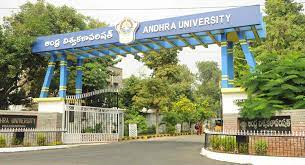






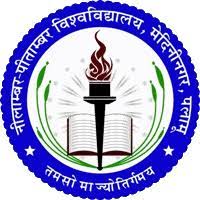
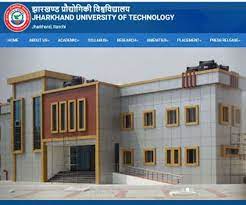
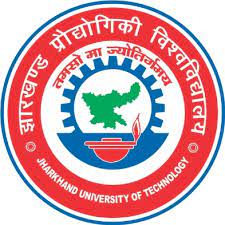
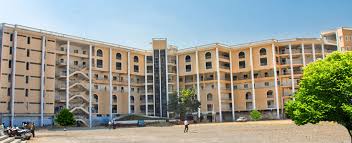

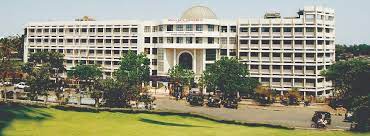


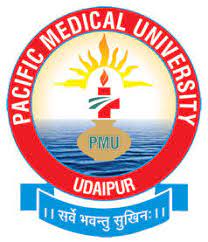


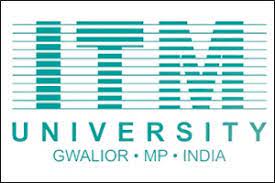
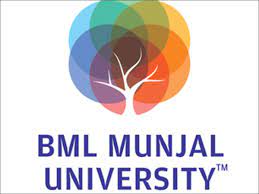




 back
back